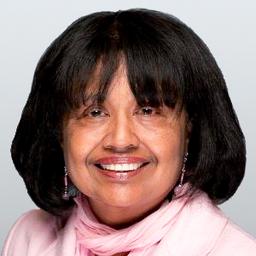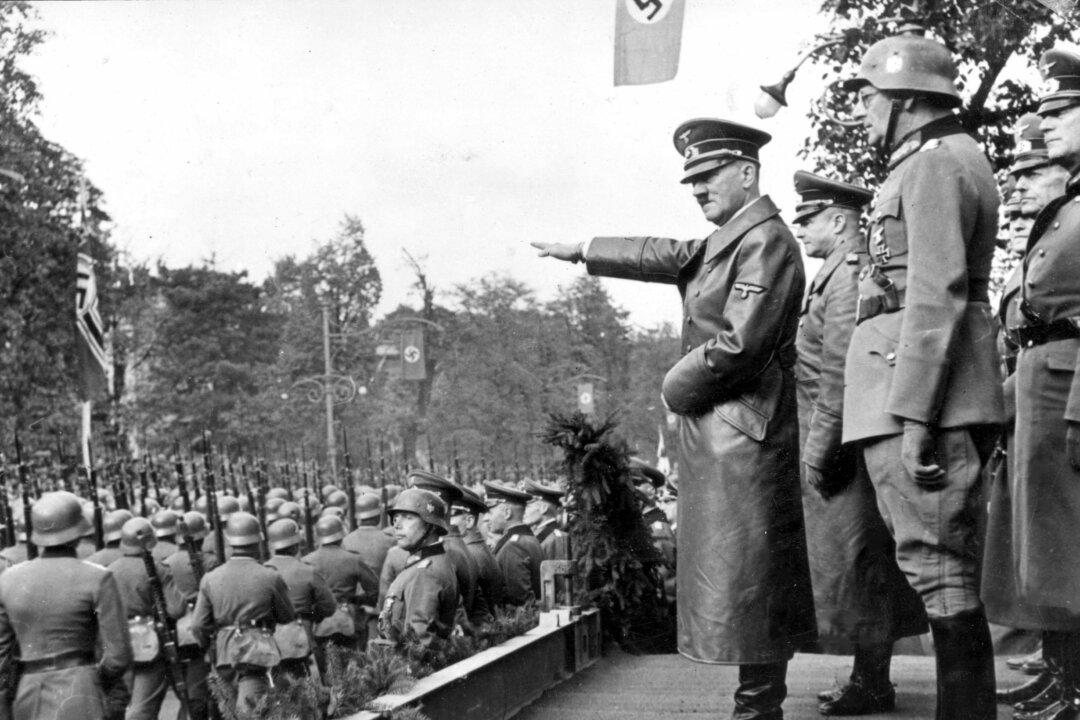Both Canada and Taiwan have embarked on a new era of justice for their indigenous populations. The two countries—separated by the Pacific Ocean but linked by shared democratic values and a longtime friendship—are at a remarkably similar stage in the history of their relations with their historically oppressed first peoples.
Taiwan’s President Tsai Ing-wen—herself of partly indigenous descent with the tribal name Tjuku, meaning “daughter of the chief”—recently issued an official apology to her country’s indigenous people on behalf of her government.
“I want to issue our deepest apology to all indigenous people for the sufferings and unfair treatment they have endured over the past 400 years. On behalf of the government, I want to apologize to you all,” she said at a ceremony on Aug. 1.
As in the case of Canada, Taiwan’s indigenous peoples are early inhabitants of the country and had their own languages, cultures, and customs when the island was colonized in the 16th century by settlers from mainland China.
“They have been exploited, displaced, marginalized, and deprived of their rights, including their rights to autonomy and self-determination,” Tsai said, citing a chapter in Taiwan’s history that would also resonate with indigenous populations in Canada.
She acknowledged that injustices and inequalities still persist, saying that there’s a gap between indigenous people and the rest of the population in health, education, and political participation.
As part of her apology, Tsai announced that she would create and head a justice committee dedicated to securing transitional rights for the country’s indigenous people. The committee would provide a mechanism for them to make collective decisions and voice their concerns, she said.
Tsai’s apology and announcement came shortly before Canada’s federal government outlined the terms of an inquiry into the unresolved cases of over 1,000 missing and murdered aboriginal women and girls. The inquiry was one of the recommendations of the Truth and Reconciliation Commission, which examined the impact of the Indian residential schools on Canadian aboriginals.
The inquiry, headed by five commissioners independent of the government, is expected to begin on Sept. 1 and last at least two years, at a cost of about $53.8 million.
Canada’s apology to its indigenous citizens, which predated Taiwan’s by eight years, was specifically for the abuse endured in the residential schools, rather than for overall injustices or mistreatment, which was more the nature of Taiwan’s apology.
“The government now recognizes that the consequences of the Indian residential schools policy were profoundly negative and that this policy has had a lasting and damaging impact on aboriginal culture, heritage, and language,” then-Prime Minister Stephen Harper said during the apology in the House of Commons on June 11, 2008.






